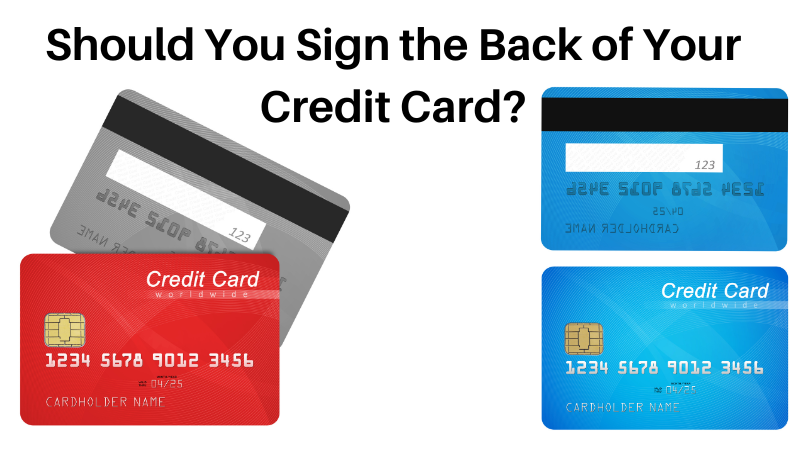Bitcoin, Money Laundering and High-Risk E-Commerce

I’ve been meaning to comment on the rising prominence of Bitcoin — a type of cyber currency — for quite some time and this morning The Wall Street Journal’s Jeffrey Sparshott gives me the perfect opportunity. Sparshott reports that the U.S. authorities are now applying money laundering rules to virtual currencies such as Bitcoin and Amazon Coin “amid growing concern that new forms of cash bought on the Internet are being used to fund illicit activities”.
Being in the industry I am, my interest in Bitcoin has been confined mostly to its use as a medium of exchange in e-commerce transactions and I’ve been expecting some regulatory action for quite some time. See, I’ve never been able to understand how an online gambling transaction may be considered illegal in the U.S. if conducted in dollars, but if you converted the dollars into Bitcoin, it would all be OK. Now, I know that the legal standing of online gambling in the U.S. is complicated, but the point is that Bitcoin enables merchants in the U.S. and around the world to accept payments for things they would never have been able to sell in a real-world currency. So what are we to make of it?
How Bitcoin Works
Bitcoin is a decentralized virtual currency which was launched in January 2009 as a way to facilitate electronic payments in a low-cost, secure and private manner. In order to make a payment in Bitcoin on a participating website, you would first need to exchange your dollars for the virtual currency on one of the many Bitcoin exchanges. The exchange rate has been fluctuating wildly since Bitcoin came into existence and, according to Wikipedia, in March 2013, 1 Bitcoin has traded in the range $40-$74. And here is a slightly more technical explanation of how Bitcoin works, offered by Paul Krugman some time ago:
My first reaction to Bitcoin was to say, what?ÇÖs new? We have lots of ways of making payments electronically; in fact, a lot of the conventional monetary system is already virtual, relying on digital accounting rather than green pieces of paper. But it turns out that there is a difference: Bitcoin, rather than fixing the value of the virtual currency in terms of those green pieces of paper, fixes the total quantity of cybercurrency instead, and lets its dollar value float. In effect, Bitcoin has created its own private gold standard world, in which the money supply is fixed rather than subject to increase via the printing press.
So how’s it going? The dollar value of that cybercurrency has fluctuated sharply, but overall it has soared. So buying into Bitcoin has, at least so far, been a good investment.
And that has been the issue all along — in order for a currency to be successful, you would want people to use it, not to hoard it. As Krugman put it:
What we want from a monetary system isn’t to make people holding money rich; we want it to facilitate transactions and make the economy as a whole rich. And that’s not at all what is happening in Bitcoin.
So there is a real problem having to do with Bitcoin being dominated by currency speculators. But do we really need it for transactional purposes?
Why Use Bitcoin?
Why, you may ask, would you want to exchange your dollars into Bitcoin, rather than simply complete the transaction in dollars? Why would you want to deal with currency exchanges, conversion fees, Bitcoin wallets and all that? Well, I can see two reasons why consumers wouldn’t mind jumping through all these hoops.
Firstly, Bitcoin is the only payment method some websites accept. The reason, more often than not, is that the products they sell make such websites ineligible for accepting credit cards and other traditional forms of payment. The most extreme example surely is Silk Road — an online black market for illegal drugs — which accepts only Bitcoin for payment. But there are many legal operations that are black listed by Visa and MasterCard and cannot take cards, for which Bitcoin may be one of the few available options. And then there are websites, which fall into a gray area — they may currently be allowed to accept cards, but that permission may be withdrawn at any moment and so having a back-up option is essential. Just this morning I came across a press release from a merchant which clearly falls into this gray area, which extolls the virtues of the “revolutionary new digital currency” (yes, they mean Bitcoin).
Secondly, consumers may want to use Bitcoin for privacy reasons — Bitcoin identities can be difficult to associate with real-life identities. Of course, as an FBI report cited by Sparshott states, through its promise of anonymity, “Bitcoin might also logically attract money launderers and other criminals who avoid traditional financial systems by using the Internet to conduct global monetary transfers”. But privacy may be equally high on the priority list of someone who would want to keep, say, a purchase he made on a porn website secret from his wife.
The Takeaway
So I think that, as far as e-commerce is concerned, the use of Bitcoin will remain limited to very high-risk operations, which have limited access to or are altogether cut off from the traditional payment system. Yes, WordPress and Reddit also support it, but for the vast majority of websites and consumers completing a Bitcoin payment is just too complex a process to be worth the bother. Moreover, as Krugman points out, although it has been wildly fluctuating, Bitcoin’s dollar value has been soaring. Considering that overall consumer prices have risen only slightly in dollar terms over the past few years, “if you measure prices in Bitcoins, they have plunged; the Bitcoin economy has in effect experienced massive deflation.” What kind of business would want to operate in such an environment?
Image credit: Wikimedia Commons.


